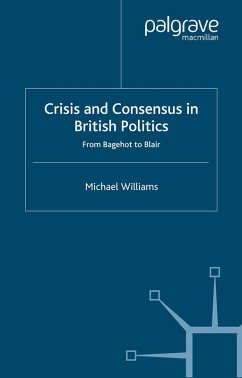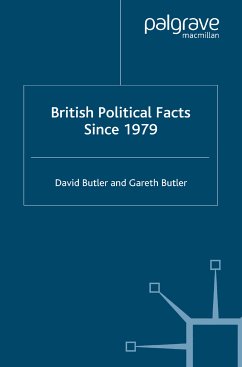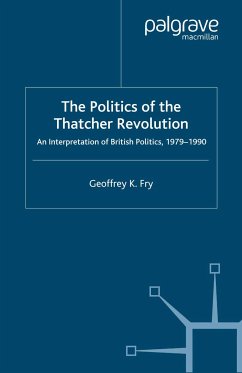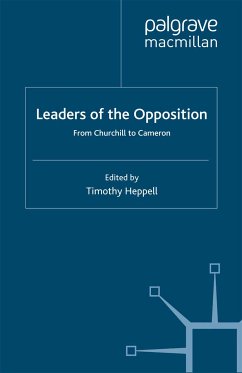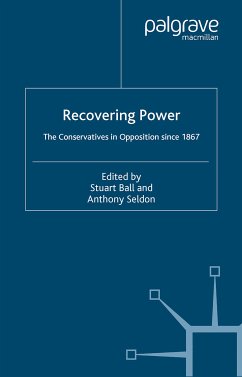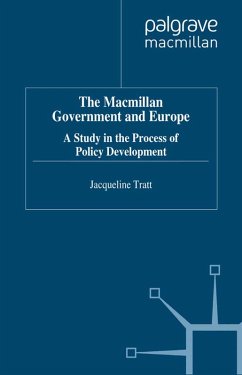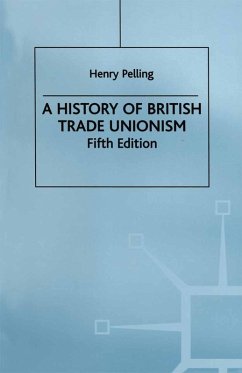Crisis and Consensus in British Politics focuses on the collapse of the post-war consensus in the mid 1970s crisis and the emergence of a new consensus in the 1990s. It follows this process through six key policy areas including civil service reform, privatisation, macro-economic management and relations with Europe. It is designed for students following courses in modern history, politics and public policy as well as general readers with an interest in current affairs.
Dieser Download kann aus rechtlichen Gründen nur mit Rechnungsadresse in A, B, BG, CY, CZ, D, DK, EW, E, FIN, F, GR, HR, H, IRL, I, LT, L, LR, M, NL, PL, P, R, S, SLO, SK ausgeliefert werden.

